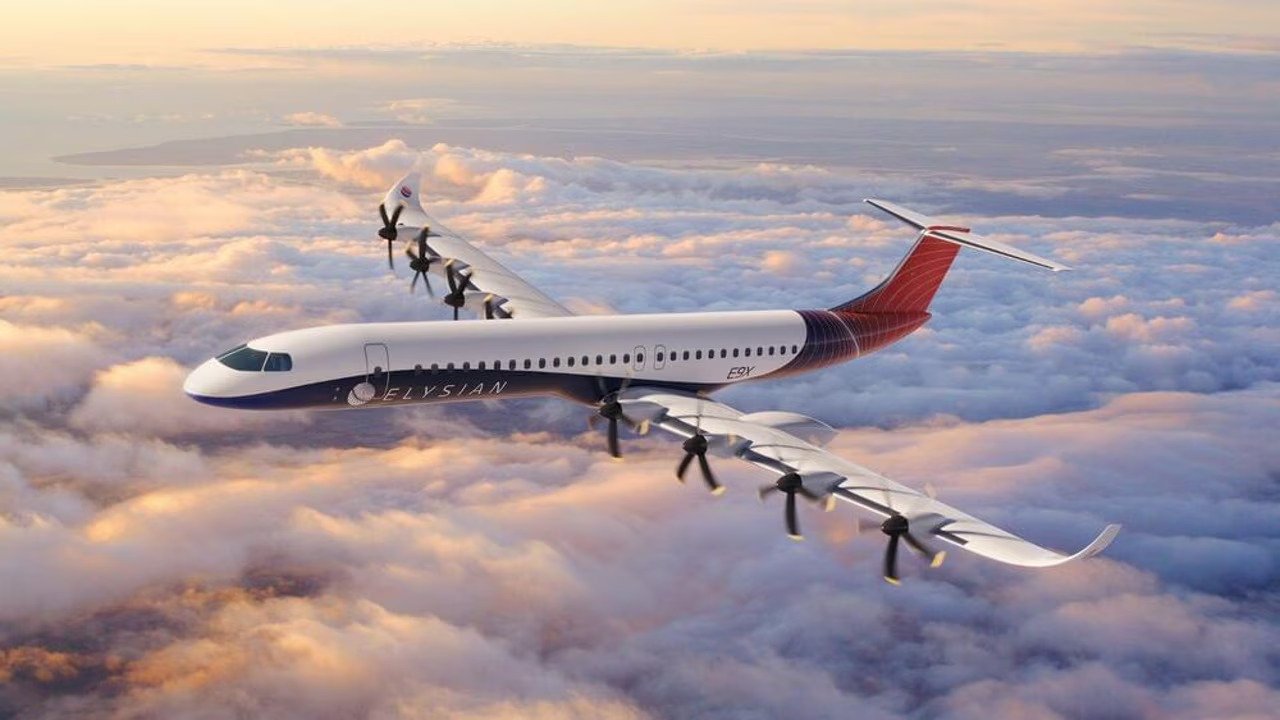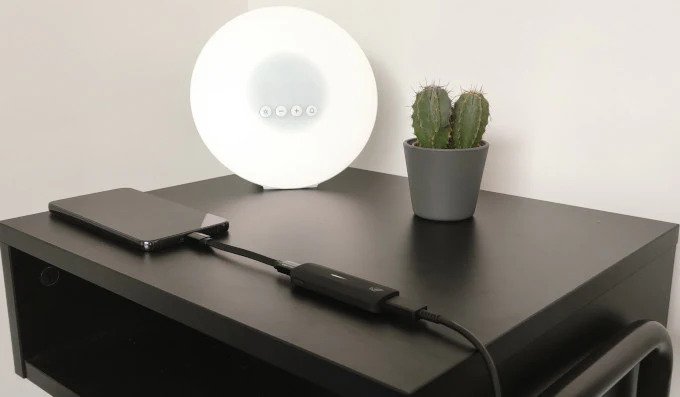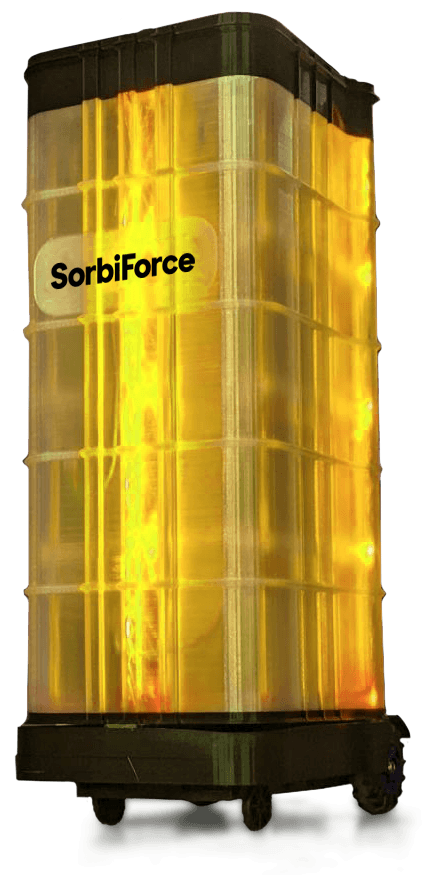Earth Day is an annual global event on April 22nd to promote environmental protection and awareness.
This year's Earth Day theme, "Our Power, Our Planet," calls for people worldwide to unite behind renewable energy and promote clean electricity by 2030.
Here are some innovative startups leading the charge:
Elysian Aircraft (The Netherlands)

Elysian is redefining the future of air travel by developing the first large-scale battery-electric aircraft.
Its flagship product E9X features wing-integrated batteries for optimal weight distribution and aerodynamic efficiency and is powered by eight 1.4 MW electric motors along the wings, enhancing both performance and system redundancy
Elysian's E9X aims to make battery-electric air travel the standard for 50 per cent of global flights by 2040, paving the way for a 20 per cent reduction in global aviation C02 emissions.
Ki Hydrogen (UK)
Ki Hydrogen is pioneering a novel approach to green hydrogen production by utilising waste biomass. The company has developed a proprietary biomass electrolysis technology that co-produces green hydrogen and biogenic carbon.
Unlike traditional water electrolysis methods, Ki Hydrogen's process leverages the inherent chemical energy in biomass, significantly reducing the electricity required for hydrogen production. This innovation enables the production of green hydrogen at approximately $2 per kilogram, making it cost-competitive with fossil-derived hydrogen without relying on subsidies.
The process not only produces high-purity green hydrogen but also generates biogenic carbon dioxide, which can be 'used in various industrial applications, including the production of sustainable aviation fuels and green chemicals. This dual-output system enhances the technology's economic viability and contributes to the decarbonisation of hard-to-abate sectors.
Liion Power (The Netherlands)

Over 5 billion electronic devices are produced yearly, most ending up as waste due to poor battery life.´
Liion Power's award-winning, patent-pending USB Battery Life Extender, "Leo" manages charge limits, adjusting charging speeds, and scheduling breaks during charging.
It can increase battery lifespan by up to 63 per cent. Leo is compatible with many USB-C devices, including smartphones, tablets, and headphones.
Lun (Denmark)
Lun streamlines the installation of heat pumps through a suite of tools designed for efficiency and accuracy.
At the core is a 3D scanning app that uses LIDAR to rapidly capture detailed room layouts in under two minutes, eliminating the need for manual measurements. This data feeds into desktop planning tools where installers can adjust layouts, place equipment, and simulate system designs.
The platform automates complex energy calculations, ensuring accurate heat loss and performance assessments without manual input. It also supports hydronic balancing by providing precise specifications for radiator sizes, pipe diameters, and valve settings.
This leads to automatic PDF reports for compliance, cutting admin work so installers can focus on installations and speeding up the shift to sustainable heating.
Porpoise Power (UK)
Porpoise Power is a UK-based tidal energy startup spun out from the University of Oxford that has developed a bio-inspired tidal generator that mimics the movement of a dolphin's tail.
Unlike traditional spinning turbines, this oscillating hydrofoil system moves up and down in the tidal stream, allowing it to operate efficiently in medium tidal flows of 3–5 knots. This design enables deployment in a broader range of locations, including areas previously unsuitable for tidal energy generation.
The technology aims to deliver predictable, baseload power at costs competitive with offshore wind. Its slow-moving fins pose little threat to marine life and can be installed close to shore, minimising visual impact.
SorbiForce (Ukraine-US)

Batterytech startup SorbiForce has developed the world's first fully metal-free, sustainable battery.
Founded in 2022, SorbiForce's technology is rooted in a novel sorption-based architecture that uses ultra-porous carbon derived from agricultural waste—such as straw—combined with water, zinc bromide, and iodine salts.
This design eliminates the need for lithium, cobalt, or other critical metals, making the batteries safer, non-flammable, and fully recyclable.
The batteries are designed for industrial-scale energy storage, with modular units ranging from 150 kWh to over 100 MWh. They boast a lifespan of up to 6,000 charge-discharge cycles and can last up to 30 years with proper hydration and offer a cost per kilowatt-hour that is 1.8 times lower than that of lithium-ion batteries.
The batteries can be safely disposed of with organic waste and even used as fertilizer after full discharge.



Would you like to write the first comment?
Login to post comments